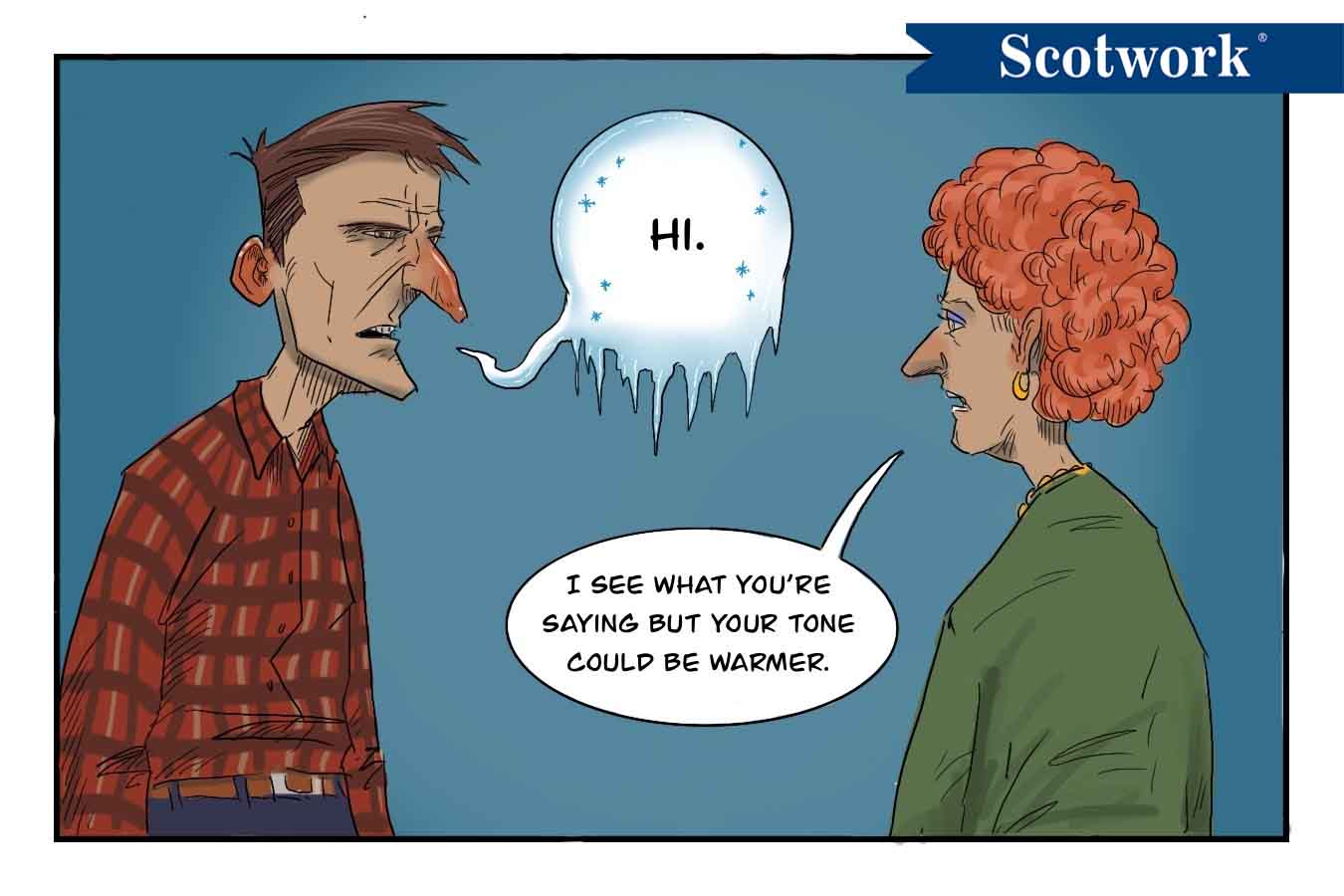My daughter came home from the store excited to make a bacon, lettuce, avocado, and tomato sandwich. She unpacked the groceries and immediately faced the Great Bacon Debate: oven, air fryer, or stovetop?
My wife suggested the oven or the air fryer, but my daughter wanted to fry it on the stove. As the conversation played out, I couldn’t resist tossing in a quip: “Good luck with that!”
Everyone stopped. My daughter turned to me and asked, “What do you mean?” I hesitated, slightly bewildered. “Nothing,” I said, “Just . . . good luck with frying the bacon.”
I realized my harmless comment, meant as a playful aside in the bacon conversation, carried more weight than I intended. It wasn’t what I said; it was who said it, when it was said, and how it came across.
It reminded me of moments in negotiation when someone says something they think is neutral or even supportive, yet it lands completely differently on the other side.
Maybe a leader says, “That’s an interesting idea,” intending to be encouraging, but their tone suggests doubt. Or a client says, “We’ll need to think about that,” and the other party hears a firm rejection.
In both the kitchen and the boardroom, the same words can mean something entirely different depending on authority, timing, and tone.
Authority
When you’re in a position of authority — as a parent, a manager, or a lead negotiator — your words carry more weight than you think. What feels casual to you might feel consequential to others.
In my daughter’s case, “Good luck with that” didn’t sound like teasing from a dad. It sounded like an expert declaring, “That’s not going to work.”
Timing
Even the best-intended comment can hit wrong if the timing is off. When people are in decision mode or, worse, in “prove me wrong” mode, any remark can be interpreted as criticism or a challenge.
That’s why, in negotiations, it’s important to sense when to speak, when to pause, and when to listen. Sometimes the silence after a statement tells you more than the statement itself.
Tone
Words are just the vehicle; tone is the engine.
“Good luck with that” can sound playful, doubtful, or even dismissive depending on delivery. The same is true in business conversations: The tone you use can invite dialogue or shut it down.
Intent vs. Impact
That kitchen moment was a small reminder of a big truth: Intent doesn’t equal impact.
If our words don’t land as intended, we can double down on intent (“That’s not what I meant!”), or we can lean into impact (“I see how that came across — let me rephrase”).
Great negotiators know that authority, timing, and tone can shift perception, alter trust, and inform outcomes in an instant. Whether you’re negotiating a deal or watching someone fry bacon, remember that your words carry more than meaning — they carry influence that can shape agreements.
Negotiation Training and Consulting to Help You Turn Tone into Your Advantage.
How you say it is as important as what you say. Rely on Scotwork’s 50 years of expertise to help you shape your whole message at the negotiating table.

